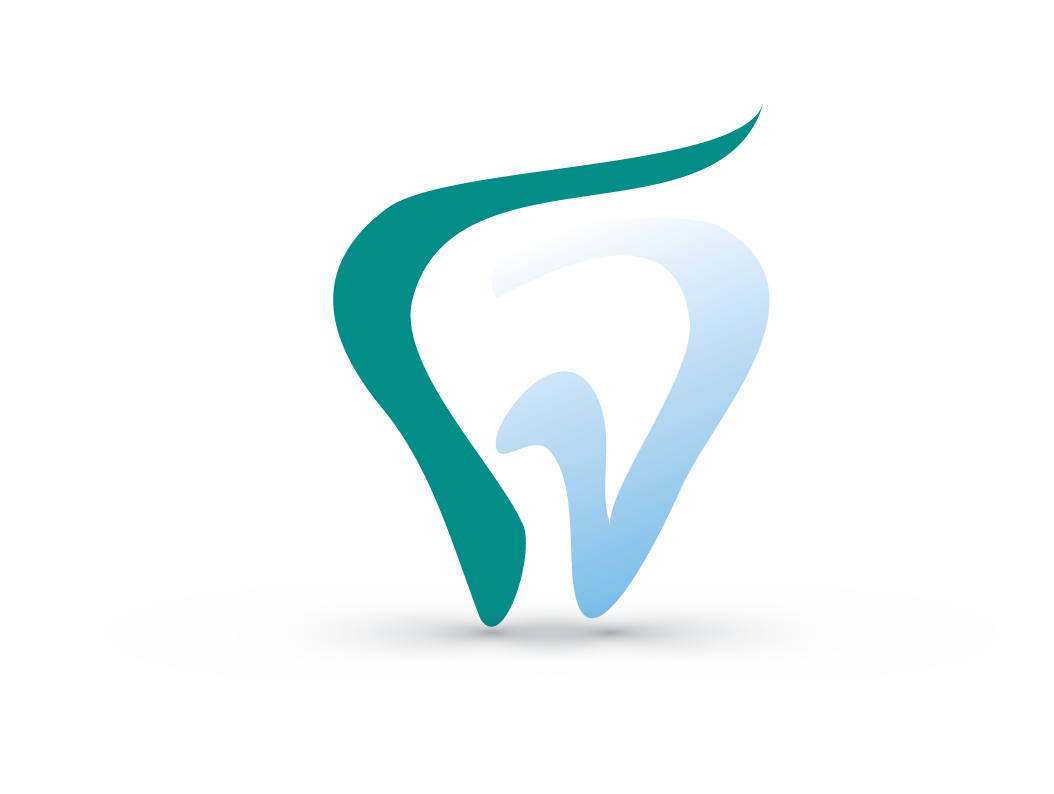How Sleep Apnea Affects Driving
Were you aware that if you experience pain in your jaw, neck, or head, you may be at increased risk for a car crash? The common factor is obstructive sleep apnea (OAS), and at Bernstein Dental Care in Bay Ridge, we want our patients to understand what we can do to help. In people with OAS, the airways become blocked at night. In an attempt to keep them open, the jaw moves forward, resulting in night-time teeth grinding. Unfortunately, this is damaging to the teeth, causes pain in muscles connected to the jaw, and isn’t even a reliable way of getting enough oxygen to the body during sleep. New research on drivers with sleep apnea indicates that they are 13% likelier to crash their cars if their sleep apnea is mild and 123% likelier to crash if their sleep apnea is severe. Dentists can help patients get better rest by designing custom-fitted night guards. These oral appliances prevent the teeth from rubbing together, sparing the patient from jaw pain and helping to keep their airways op
